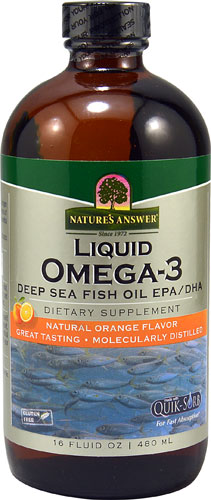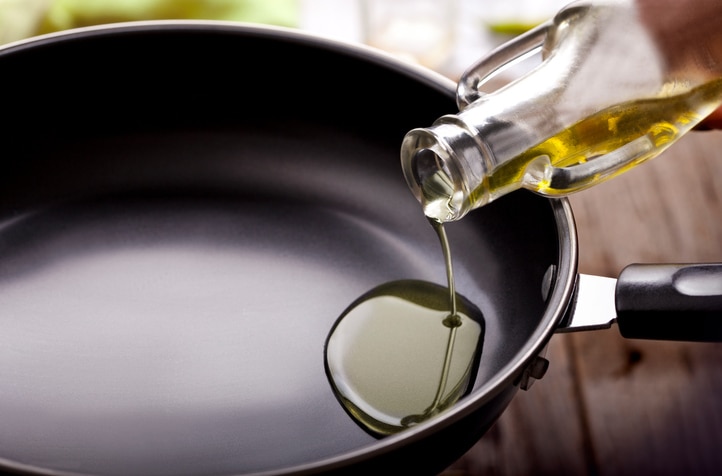In these fat forward days, the nomenclature oil-free is not going to bring joy to many people’s hearts. Oil-free doesn’t get one’s salivary glands whipped into a frenzy. I mean, just as you finally got over your fear of fat—and started lavishly drizzling olive oil on your salad, spooning ghee on your oatmeal, and mixing coconut oil into your smoothie—a few small voices of dissent have re-emerged.
Even before the coconut oil brouhaha—the recent report issued by the American Heart Association advising against the use of coconut oil—several nutritionists have warned that it was misleading to think of any oil as healthy. Many of them make the point that just because foods rich in monounsaturated fats like olive oil may be better than foods full of saturated and trans fats, better is not the same as good.
In fact, “Forks Over Knives,” an organization based on the feature film of the same name that advocates a low-fat, whole-food, plant-based diet as a way to avoid or reverse several chronic diseases, rebukes any kind oil as a “bad idea because it is highly refined and its nutritional package is inadequate.” Forks over Knives deems oil a highly caloric, processed food stripped of nutrients such as protein, carbohydrates, vitamins, minerals and fiber.
Why oil may not be your friend
It’s easy to dismiss the oil-free trend as just another food fad, but there is some convincing arguments in its favor. Take, for example, this: “A study in JAMA (Journal of the American Medical Association), all oils – saturated, monounsaturated (olive oil) and polyunsaturated (flax oil) – were associated with an increase in the plaque buildup that clogs our arteries and leads to heart attacks.” This was posted on UC Davis’ Integrative Medicine website by Rosane Oliveira, the Founding Director of UC Davis Integrative Medicine and Adjunct Assistant Professor at the Department of Public Health Sciences at the School of Medicine at the University of California Davis.
Not convinced? Consider this damming bit of research, “according to the National Institutes of Health, oil suppresses our immune system, which makes us vulnerable to infections and impairs our bodies’ ability to stop the growth of cancer cells.” The takeaway of the oil-free movement is not that all fat is bad—some fat is necessary in our diet. But extracted oils may not necessarily deserve the halo of health they have been crowned with.
How much fat do we actually need?
Yes, our bodies need fat. How much, and what kind, is controversial. Oliveira says we need two types of polyunsaturated fatty acids, omega-3s, to support a healthy inflammatory response in the body, and omega-6s to contribute to brain function. She suggests a very small daily portion of fat: “It must be emphasized that our need for these fatty acids is very small. The National Academy of Sciences says we need only 1/4 of a teaspoon (women) to 1/3 of a teaspoon (men) of fatty acids per day.” While that sounds like an extremely skimpy dose of fat, there may be some wisdom in it. It is entirely possible we may have been overdoing our love affair with olive, coconut, and flax seed oils.
What are good sources of fat?
Think flax seeds, not flax oil, olives instead of olive oil, avocados instead of avocado oil. The logic here is the whole food, full of vitamins, minerals, phytonutrients and fiber, is nutritionally superior to food that’s extracted.
How can I cook without fat?
Although oil makes food taste richer, you don’t actually need oils to keep foods from sticking to pans. If this sounds bleak, aim to at least reduce the amount of oil you use. You can steam or stir-fry by using a small amount of water or vegetable broth. To make crispy foods, try broiling at a slightly higher temperature. (Parchment paper or a thin layer of water in the bottom of the pan helps prevent sticking.)
For moist baked goods, apple sauce and other fruit or vegetable purees have long been a go-to solution for cutting back on butter and oil.
If you're looking for something quick to top salads or pasta, try an oil-free dressing.
Want some recipes to help you get started? Click here for information how to cook delicious meals without oil.




